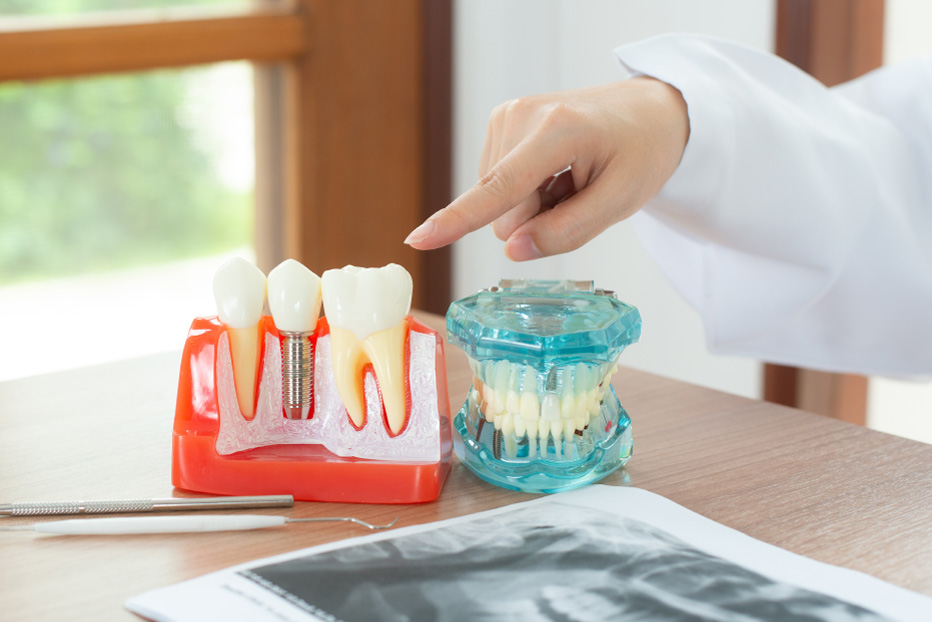Cognitive Behavioral Therapy (CBT) is a generally perceived and proof-based approach for treating anxiety and depression. It utilizes different techniques to help individuals distinguish and change negative idea examples and ways of behaving that add to their side effects. In this article, we’ll investigate probably the most common techniques utilized in therapist in NJ to address anxiety and depression.
Cognitive Restructuring:
One of the center techniques in CBT is cognitive restructuring, which involves identifying and challenging negative idea designs known as cognitive bends. Specialists assist clients with recognizing nonsensical convictions and supplant them with additional decent and practical considerations. For instance, individuals inclined to catastrophizing may figure out how to revaluate disastrous considerations about the future into additional reasonable and sensible situations.
Openness Therapy:
Openness therapy is especially viable for treating anxiety problems like fears, over the top enthusiastic problem (OCD), and post-horrendous pressure problem (PTSD). It involves step by step exposing individuals to dreaded circumstances or improvements in a controlled and precise way. Through rehashed openness, clients discover that their anxiety diminishes over the long run, helping them to beat their feelings of trepidation and tensions.
Behavioral Actuation:
Behavioral enactment is a procedure used to address side effects of depression by encouraging individuals to take part in exercises that bring them delight and a feeling of achievement. Advisors work with clients to distinguish agreeable and meaningful exercises and assist them with scheduling these exercises into their day to day routines. By increasing their degree of action and reintroducing good encounters, individuals can check feelings of torpidity and withdrawal related with depression.
Mindfulness-Based Interventions:
Mindfulness-based interventions, like mindfulness contemplation and acknowledgment and responsibility therapy (ACT), are increasingly incorporated into CBT for anxiety and depression. These techniques assist individuals with developing consciousness of their viewpoints, feelings, and substantial sensations without judgment.
Unwinding Techniques:
Unwinding techniques, like profound breathing activities, moderate muscle unwinding, and directed symbolism, are commonly utilized in CBT to lessen physiological excitement and advance unwinding. These techniques assist individuals with managing side effects of anxiety by eliciting the body’s regular unwinding reaction. By incorporating ordinary unwinding rehearses into their day to day routines, clients can improve their general feeling of prosperity and diminish anxiety-related side effects.
Cognitive Behavioral therapist in NJ utilizes a scope of techniques to address anxiety and depression by targeting cognitive contortions, maladaptive ways of behaving, and physiological excitement. By combining cognitive restructuring, openness therapy, behavioral enactment, mindfulness-based interventions, and unwinding techniques, CBT offers an all-encompassing way to deal with improving emotional wellness and prosperity.




